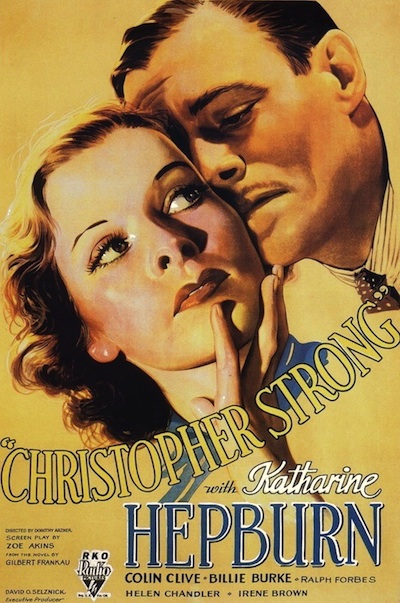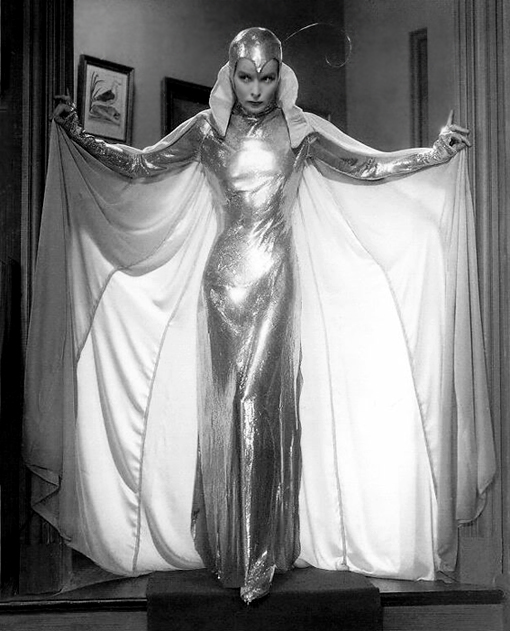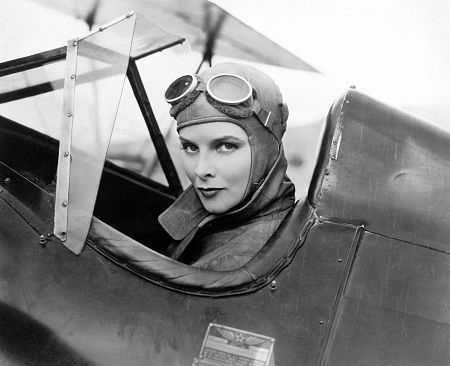 ICYMI - New Series! - Episode 2 of 52
ICYMI - New Series! - Episode 2 of 52
In which Katharine Hepburn plays another British lady, and her acting gets better even if her accent doesn’t.
If Katharine Hepburn has one problem in her early career (besides her infamous intractability) it is her inability to be anything other than herself. That odd quality that made her a star in A Bill of Divorcement also plagued her through her career. She’s too stubborn to be an ingénue, too young to be a dame, too androgynous to be a femme fatale and too fascinating to be a character actor. What then to do with her? Once she hits MGM she definitely hits her stride, but sadly that is seven years, twelve movies (and for us, twelve very long weeks) away. First we have to get through the trial and error period of Kate’s career, where she tried on many hats.
The next hat is this:
Young Kate plays a British aviatrix named Lady Cynthia Darrington, a daring woman of upstanding character who falls madly in love with Sir Christopher Strong, a British man with a moustache and a wife (poor Billie Burke again). Sir Christopher is played by Colin Clive, best known for playing Dr. Frankenstein in the 1933 Frankenstein film. While electricity may have crackled through that horror classic, there’s none to be found in Clive’s onscreen love affair with Kate. In fact, the two of them are about as sexy as two British planks of wood. Added to this problem is that one of them isn’t actually British.
Joking aside, it is a joy to watch Kate grow. She’s still got many rough edges, but it’s a huge leap from A Bill Of Divorcement to Christopher Strong. In A Bill of Divorcement, Kate was interesting enough to be noticed, but in Christopher Strong she becomes fascinating enough to be a star. Don’t get me wrong. She’s still pretty stiff, and she's more than a little miscast as a seductress. I can believe Chris would be enchanted by her--I certainly am--but she’s not the kind of enchanting you leave your wife for. Still, Kate has developed a presence and personality that make her engaging even when the film is not.
The contradiction between the movie’s tedium and her charm inspires a kind of bifurcated viewing experience. During the many lifeless loves scenes between Clive and Hepburn, I found myself vacillating between “Goodness is this dull,” and “Wow! Look at her!” She charms! She laughs! She wears pants! Who needs chemistry with your co-star when you’ve got chemistry on your own? She is definitely on her way to becoming Katharine Hepburn the Star.
One more thing before I wrap this up. We need to talk about the moth gown.

I wish I could explain the purpose of this costume. I can’t. She shows up in it, has a conversation with Chris, and then exits. And the gown is never addressed.
Next week: Morning Glory (1933) - In which the seeds of Oscars history are sown
